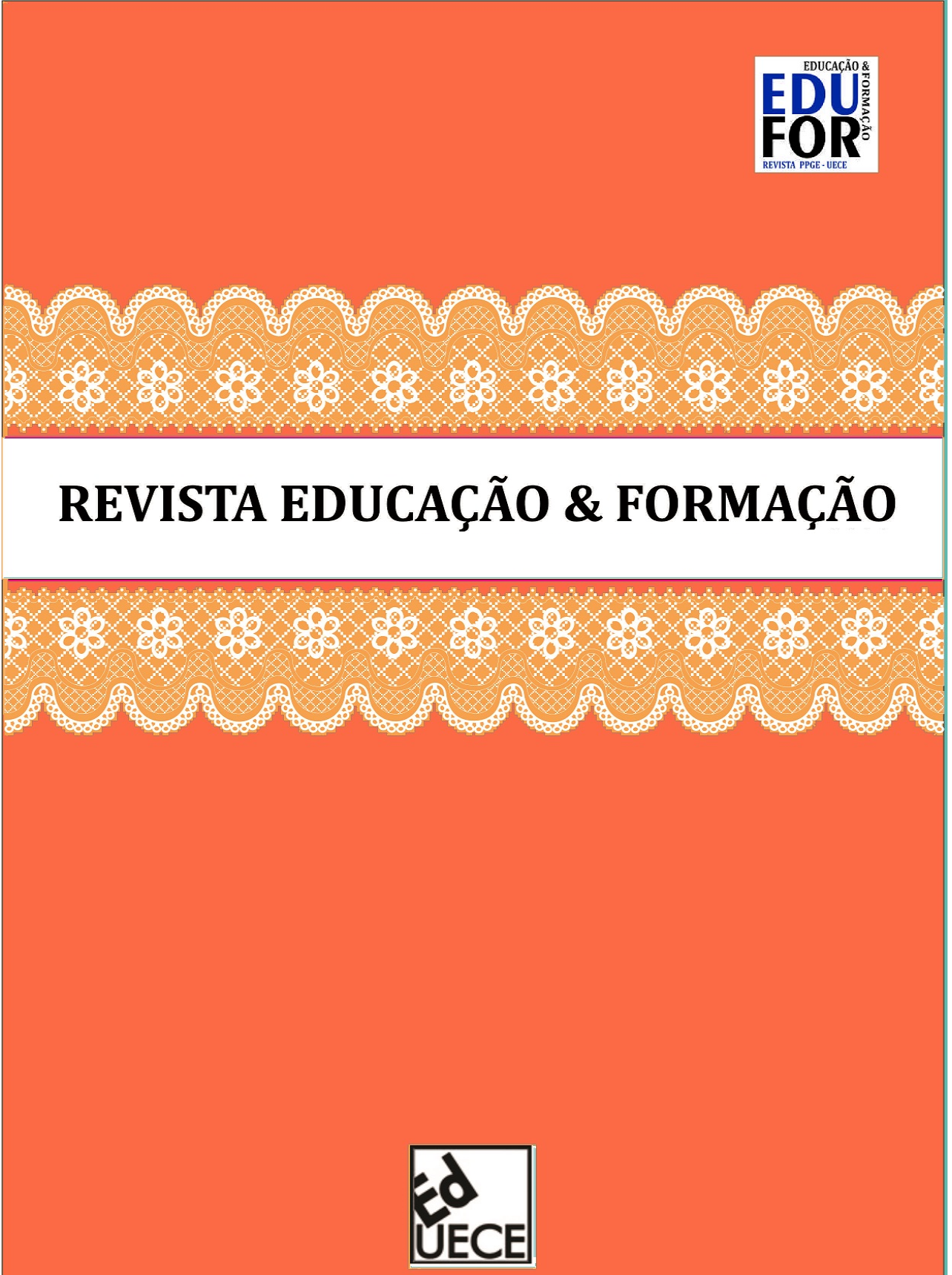O estudo do relacionamento entre o comportamento suicida de adolescentes e as conquistas de aprendizagem
DOI:
https://doi.org/10.25053/redufor.v5i15set/dez.3291Palavras-chave:
Adolescente, Comportamento suicida, realizações de aprendizagem, estado depressivo, tendências suicidasResumo
O foco principal do texto é o estudo da relação entre as realizações do ensino e as manifestações do comportamento suicida – depressão, agressão e ansiedade. A pesquisa foi realizadacom 302 adolescentes que estudam em Baku e Ganja. Uma das principais hipóteses da pesquisafoi a relação entre desempenho dos alunos e depressão, estado mental e risco de suicídio. Acredita-se que exista uma relação inversa entre o desempenho dos alunos e essastrês características. Ou seja, se esses três recursos estiverem em alto nível, afetará negativamente o aprendizadodos discentese o seu desempenho acadêmico será baixo. Mostrou-se que existe uma correlação positiva entre as atividades de aprendizagem dos adolescentes, incluindo suas realizações e comportamento suicida. O coeficiente de correlação entre os três recursos é significativo em 0,01. Isto é, nas três tabelas, P = 0,000, o que indica que o relacionamento é significativo no nível de 0,01. Acredita-se que é possível reduzir essa dependência superando o estado depressivo e direcionando o estado mental em uma direção positiva.
Downloads
Referências
BALAZS, J. et al. Suicidal risk, psychopathology, and quality of life in a clinical population of adolescents. Frontiers in Psychiatry, v. 9, n. 17, p. 1-8, 2018. DOI: 10.3389/fpsyt.2018.00017
BECK, A. T.; STEER, R. A.; GARBIN, M. G. Psychometric properties of the Beck depression inventory: twenty-five years of evaluation. Clinical Psychology Review, v. 8, n. 1, p. 77-100, 1988. DOI: https://doi.org/10.1016/0272-7358(88)90050-5.
BROWN, R. C. et al. The impact of child maltreatment on non-suicidal self-injury: data from a representative sample of the general population. BMC Psychiatry, v. 18, p. 163-176, 2017. DOI: 10.1186/s12888-018-1754-3
CARDOSO, B. et al. General and ethnic-biased bullying among Latino students: exploring risks of depression, suicidal ıdeation, and substance use. Journal of Immıgrant and Mınorıty Health, v. 4, p. 816-822, 2018. DOI:¬10.¬1007¬/s10903-017-0593-5.
CASSELSES, M. et al. Poor family functioning mediates the link between childhood adversity and adolescent nonsuicidal self-injury. Journal of Chıld Psychology and Psychıatry, v. 8, p. 881-887, 2018.
DURKHEIM, E. Suicide: a sociological study. Moscow: Progress,1994.
FERRO, M. A. et al. Suicidal behavior among adolescents and young adults with self-reported chronic illness. Canadian Journal of Psychiatry: Revue Canadıenne de Psychiatrie, v. 62, n. 12, p. 845-853, 2017. DOI: 10.1177/0706743717727242.
FREDRICK, S. S. et al. Can social support buffer the association between depression and suicidal ideation in adolescent boys and girls?. Psychology in the Schools, v. 55, p. 490-505, 2018.
HEDLEY, D. et al. Risk and protective factors underlying depression and suicidal ideation in Autism Spectrum Disorder. Depress Anxiety, v. 35, n. 7, p. 648-657, 2018.
IVARSSON, T.; LARSSON, B.; GILLBERG, C. A 2-4 year follow-up of depressive symptoms, suicidal ideation and suicide attempts among adolescent psychiatric impatients. European Child & Adolescent Psychiatry, v. 7, p. 96-104, 1998.
JOINER J. et al. Four studies on how past and current suicidality relate even when “everything but the kitchen sink” is covaried. Abnormal Psychologiya, v. 114, n. 2, p. 291-303, 2005.
LITMAN. R. Sigmund Freud on suicide. Practical Psychology and Psychoanalysis, n. 1, p. 175, 2003.
MARIS, R. W. Suicide. Lancet, v. 360, p. 319-326, 2002.
Downloads
Publicado
Como Citar
Edição
Seção
Licença
Copyright (c) 2020 Aygun Sulhiddin Azimova

Este trabalho está licenciado sob uma licença Creative Commons Attribution 4.0 International License.
Os autores possuem direitos autorais dos seus textos:
A revista Educação & Formação permite ao autor os direitos de publicação, no entanto, recomenda um intervalo de dois anos para o caso de republicação.
Os nomes e endereços informados nesta revista serão usados exclusivamente para os serviços prestados por esta publicação, não sendo disponibilizados para outras finalidades ou a terceiros.























